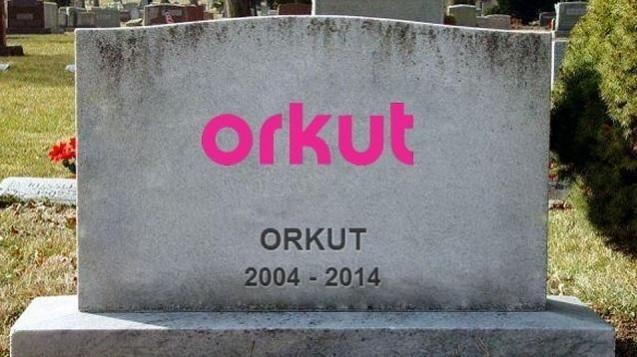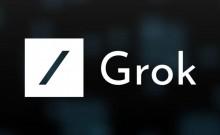
Orkut, Google's first social networking website, will be going offline forever. Since its inception 10 years ago, when many people had no idea of what social networking was, Orkut helped in shaping life of many individuals in the online space. It will shutting down on Tuesday, 30 September 2014.
Due to the surge in user base for Google+, YouTube and Blogger among Google products, their rise has overshadowed and exceeded that of Orkut over the decade. Orkut was started in January 2004, and a month later Facebook was released at Harvard.

Brazil, which has been Orkut's main user base, will no longer be accepting any new registrations from 30 September. Another major user base for this website was India. Brazil has 50.60% users, India has 20.44% and US has 17.78%, said a post on Orkut website.
The public communities that have existed on Orkut will be hosted on an online archive.
In a blog post, bidding farewell to the networking website, Paulo Golgher, engineering director, said "It's been a great 10 years, and we apologize to those still actively using the service. We hope people will find other online communities to spark more conversations and build even more connections for the next decade and beyond."
How to Export Data and Photos?
Users wanting to export their personal data, community posts, photos can use Google Takeout.
All the Orkut information that includes user profile, scraps received, testimonials received, activities and photos will be transferred to you in a single ZIP file containing HTML files and JPEG photos. This service will be available until September 2016.
To download your Orkut information:
- Go to the Google Takeout page.
- Click Choose services and then select Orkut.
- Click Create archive.
- Wait for the archive to be ready. It may take some time. Optionally, you can be warned by email when it's ready.
- When it's ready, click download.
Since the launch of Google+ in 2011, Google wanted to position it as the social networking website rivalling Facebook. It also uses Google+ to establish unified "user identity" system among Google web products.

















